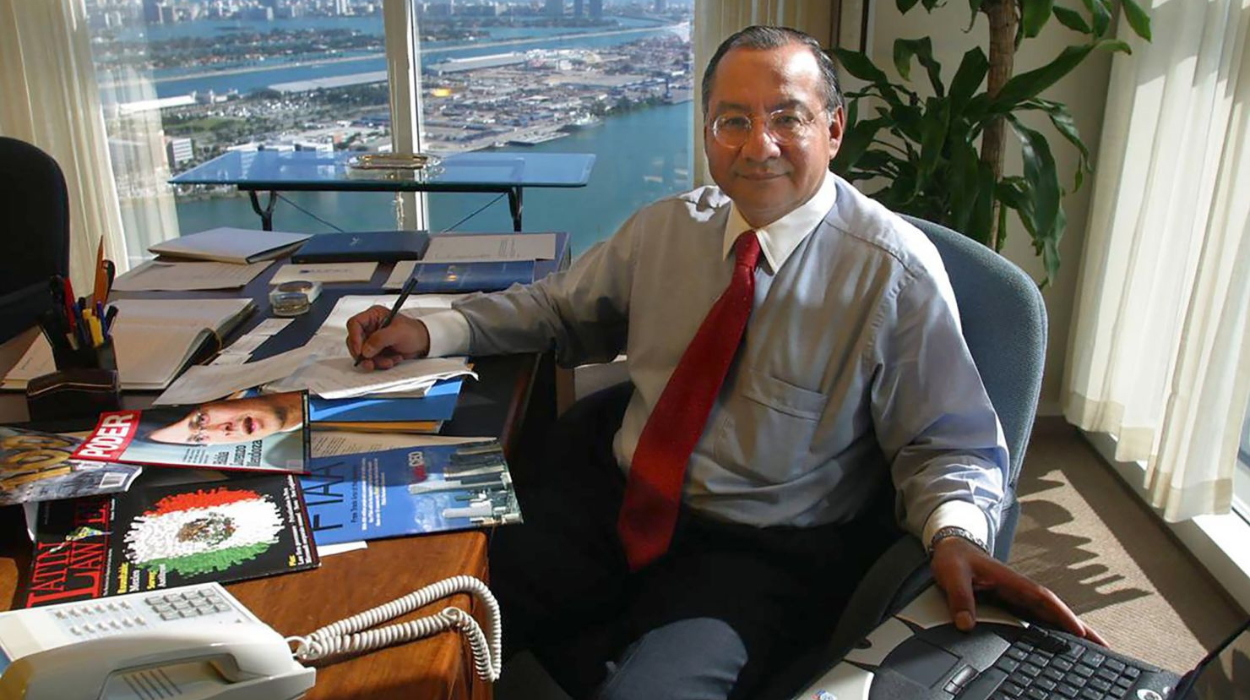Washington, DC (Transatlantic Today)— In a stunning development that has sent shockwaves through the US foreign service, a former career diplomat, Manuel Rocha, has been sentenced to 15 years in federal prison for espionage on behalf of Cuba. The case, which has been described as one of the most significant betrayals in US diplomatic history, has raised concerns about foreign infiltration within the US government.
Under a negotiated plea agreement, Rocha admitted to conspiring to act as an agent of a foreign government, shedding light on a decades-long deception that has rocked American diplomacy. The agreement, which also includes a $500,000 fine, marks a significant milestone in the case.
Initially pleading not guilty, Rocha ultimately confessed to his involvement in the espionage scheme after negotiations with prosecutors. His admission of guilt came after incriminating conversations with an undercover agent posing as a Cuban intelligence operative, revealing the extent of his betrayal.
Diplomatic Career and Arrest
Rocha’s career in the US State Department, which included serving as a virtual ambassador to Argentina, ended abruptly with his arrest in Miami on December 1. The arrest followed an extensive FBI investigation, during which Rocha recorded boasting about his service as a Cuban mole within US foreign policy circles.
Allegations of Betrayal and Infiltration
According to Clarin, Court records revealed Rocha’s praise for Castro and his branding of the US as the “enemy” during conversations with the undercover agent. His boasts about decades of service as a Cuban mole underscored the severity of his betrayal and raised concerns about foreign infiltration within the US government.
Government Response and Reflections on the Case
Attorney General Merrick Garland’s acknowledgement of the severity of Rocha’s actions highlights the gravity of the situation. The case has drawn attention to the necessity of committing to regulations such as the Foreign Agents Registration Act, which aims to prevent foreign influence in US policymaking.
Community Reaction and Concerns
The plea agreement has sparked criticism within Miami’s Cuban exile community, with some expressing concerns about leniency towards Rocha. The case has prompted reflection on the need for vigilance against foreign infiltration and protecting national security interests.


























